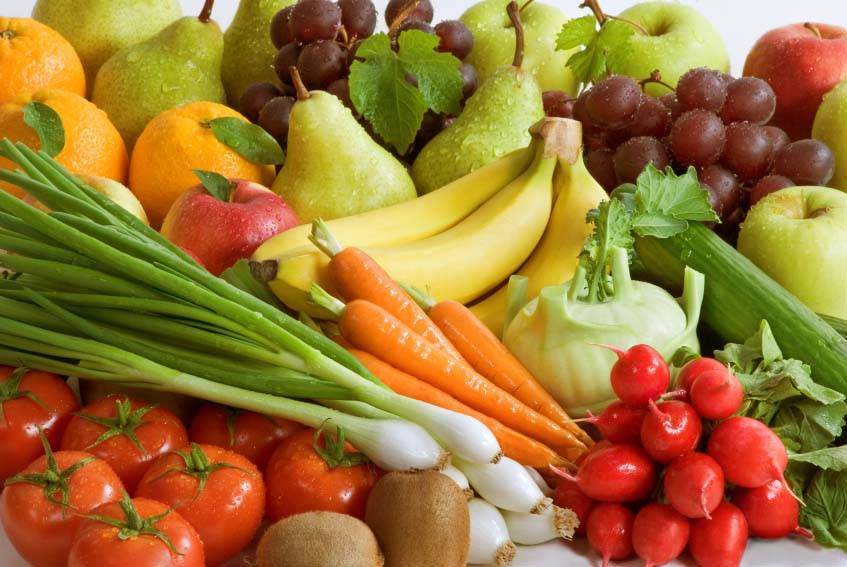Have you recently undergone surgery for anal fistula? Are you wondering what to eat and what not? Or whether eating certain things can increase the chances of recurrence?
Well, here we present to you a comprehensive guide to eating that can help you recover early after your anal fistula surgery.
Now that you have already undergone surgery for anal fistula you may be pretty well aware of what it is. An anal fistula is a connection between an abscess, a pus-filled tissue which is usually found around the anus or the skin around it. There are various causes for anal fistula, and your eating habits can also be one of the reasons for it. Let’s have a look at some other causes associated with anal fistula.
Causes
The inside of the anus have mucus-forming glands. When these glands get clogged, they develop abscesses. The clogging is caused due to an infection or bacteria buildup. Most of the untreated abscesses, if left to grow, become fistulas.
Health conditions that affect the bowel, tuberculosis and even sexually transmitted diseases can be some of the rare reasons for which anal fistula develops.
Symptoms
Some of the common symptoms of an anal fistula are:
- Swelling around the anus
- Skin irritation and redness around the anus
- Pus or blood passing with stool
- Pain when sitting, coughing or passing stool
- Foul smell around the anus
- Difficulty controlling bowel movement
Treatment
There is no medication that can reduce the size of the fistula or dissolve it. An anal fistula cannot be treated without surgery. The fistula grows in size if it is left untreated and the infection can worsen. The surgery to remove the fistula is a short surgical procedure. It is conducted under general anaesthesia so that you won’t feel any pain.
What to eat after surgery?
Avoiding certain food items and having a diet rich in some others can help the wounds of the anal fistula heal faster after surgery. These are some food items which you must add/remove from your diet after surgery. You should also make a list of foods that can slow down your recovery. Here are some tips that can help you guide yourself on various food items.
- Avoid heavy meals: Large meals are difficult to digest. They delay gastric emptying procedure by putting a lot of pressure on your stomach and small intestine. So, it’s advised to eat smaller portions of a balanced meal instead of one large meal. It will help reduce the pressure on the intestines and aid in faster digestion.
- Have food rich in fibre: Food rich in fibre helps prevent constipation and eases bowel movements. After an anal fistula surgery, it is necessary to have an easy passage of stool. Eat plenty of fruits, vegetables, legumes, whole grains, etc. and drink a lot of water to avoid constipation.
- Avoid spicy food: Spicy food often aggravates stomach troubles. After an anal fistula surgery, this can lead to problems during passing stool like pain and bleeding.
- Have laxatives: Another way to keep your bowel movement free is by taking the help of laxatives. Those who are prone to constipation must take laxatives so that it does not affect their healing after surgery. Some healthy bowel habits can be practised visiting the loo immediately when you feel the urge, not sitting too long at the toilet, keeping the anal region clean and dry after passing stool, and getting diarrhoea and constipation treated beforehand.
- Avoid flour and sugar: Eating food high in sugar and flour is not good for health. They are usually accompanied by excess amounts of oils. The combination of these is a recipe for indigestion.
- Drink a lot of water: Staying hydrated is always good for the body. It helps flush out the toxins from the body, keeps the bowel movements clear and also promotes digestion. All of these are necessary after surgery.
- Avoid caffeine and alcohol: Caffeinated drinks and alcohol can lead to dehydration. This is not desirable after anal fistula surgery as it will increase pain and discomfort while passing stool.
- Have plenty of fruits, vegetables and nuts as they contain vitamins and minerals which will help the body heal faster after surgery. Green vegetables prevent hardened stool movement as well. Eating a nutritious meal strengthens the immune system and helps prevent any complications after surgery.
Apart from these changes in food habits, one should also aim at avoiding stress. Stress causes disturbances in sleep patterns and leads to digestive troubles. It promotes snacking, especially late at night. Late-night snacking slows down the digestive process. This is why having meals during proper meal times is also essential.
Summary:
So now that you have gone through the comprehensive guide of consuming and not consuming various foods. Try following this diet so that you can heal faster. If you note any symptoms of anal fistula, as easily noticeable due to bowel incontinence or pain, visit a doctor immediately. Take care of your food habits before and especially after the surgery to heal faster and not risk any complications or pain.
